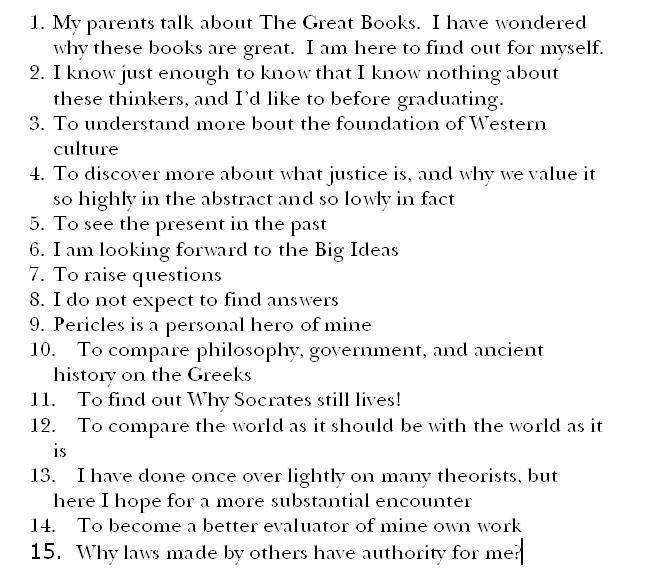What does the very word “theory” mean?
Chapter Two: The very word “Theory”
But before that we must first understand what the word “theory” means. Students associate a number of words with the word theory first individually and then in groups of five as an icebreaker. The words they produce have two features; they are abstract and judgmental. The abstract words include principle, abstraction, code, standard, speculation, assumption, and conjecture; while the judgmental words include dry, remote, empty, impractical, philosophy, and the like. In the subsequent discussion it the dichotomy between theory and practice, and also the superiority of practice to theory are rehearsed. This negative image of theory from students who have elected to take a course called theory; imagine what others think! That even studnets who choose to do a course called theory shows that they have absorbed this message, shows how deeply ingrained it is their prior learning experience at home, at school, with peers. There is an upscale ladies clothing outlet in the Ala Moana Mall in Honolulu called THEORY.
I did not go in to ask why it was called that. Too shy for once.
When students say why they have chosen this theory course they say things like this:

All in all some good places to start with this list.
A few of them will have done ancient history in high school and met some of all of these four thinkers there. Some will have done some philosophy at the University. Others are there because of the time table.
The etymology of the very word “theory” tells a story. Like so much else in our conceptual languages, the word is Greek. Think of tourism first. That is the origin of the word theory. Theôria was a journey to see a spectacle. It meant leaving one’s own home and city, which was a difficult, expensive, time-consuming, and sometimes dangerous trip. Only theorists who were motivated would bear these costs and risks. What attracted them was the chance to witness a great event or spectacle. The first theorists left behind the assumptions of their own lives and cities and went elsewhere precisely to see or even try something different. One specific kind of trip was to an oracle on the occasion of major rites and rituals. In travelling the tourist undergoes a change, shedding the familiar ways of home and deliberately opening one’s mind to foreign ways by seeing them in their own terms on their home ground. Theory implies transformation in the theorist. Seeing other practices makes one think anew about one’s own practices back home. This kind of self-conscious reflection is education is it not?

Some theorists were officials sent by one city to observe the rites of another, a kind of ambassador who bears greetings and gifts of good well, and who returns to report on what has been seen.
Others made the journey to foreign lands to see the world, just as tourist still do. This kind of theorist cum tourist may be secular, traveling to other places without a religious of a rite and sacred site. Solon left Athens for ten years after laying down the legal code.
For the full account see Andrea W. Nightingale, “On wandering and wondering: Theôria in Greek Philosophy and Culture, Arion 9(1) 2001: 23-58.
So it turns out that traveling the world may well broaden the mind! Backpackers in India are theorists just as Socrates understood the term. One form of theory-tourism is to read these books for both their familiar elements and their foreign elements. The familiar is there because these texts shaped so much of the European and Arabic world that followed them. The foreign is there because these men lived a different world, think of slavery, subjugation of lower orders, the place of women (in the home behind a closed door). Some of this day-to-day reality is emphasized in Margaret Doody’s series of murder mysteries featuring Aristotle as a Nero Wolf kind of detective who sends a young acolyte – Stephanos – out to investigate nefarious deeds.

The classes (note the term “classes”) and web site on blackboard with graphics and images and encourage the students to use graphics and images to interpret and apply the arguments. The written assignments also require students to apply some of the arguments of the gang of heavy hitters to current events. A dear friend and a fellow theorist from another university has said to me that he regards such efforts as these as “Mickey Mouse.” I don’t agree. I want people to read these books for both the familiar and the foreign.

Its so hard to argue with it. If its come with Theory, it just Theory right? What about the reality about it?
Its so hard to argue with it. If its come with Theory, it just Theory right? What about the reality about it?